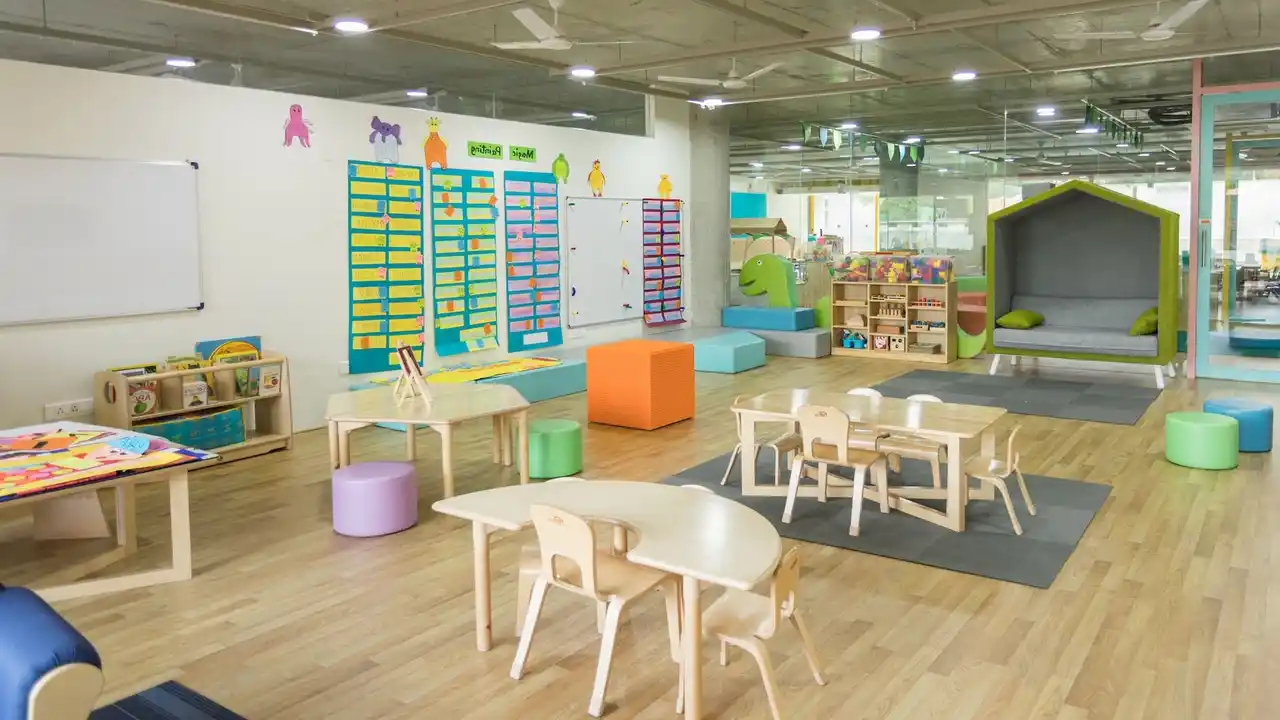In the daycare industry, it is crucial for professionals to stay updated on the ever-changing regulations and standards. The frequent changes and constant introduction of new standards make it challenging to remain informed. Ensuring child safety takes precedence, as staying well-informed can determine the success or struggle of a childcare business under strict regulations.
It is critical to keep up with any amendments to laws or standards affecting childcare and daycare services. As the childcare industry evolves, so do the laws and regulations that govern it. Whether you are a parent looking for the best childcare for your child or a daycare provider committed to providing the highest quality service, it is imperative to stay current with these advancements. This article will discuss how vital it is to stay current on daycare regulations and laws, as well as how doing so can enhance the standard and safety of childcare services for children as well as parents’ peace of mind.
Latest Changes with Daycare Regulations and Standards
In this essay, we will talk about how important it is to stay current on daycare standards and laws. We will look into how these changes might impact the level of care, security measures, and overall experiences for children and their families.
Whether you are a parent seeking the ideal daycare center or a dedicated provider striving to offer the highest caliber service, knowing and upholding these rules and standards is crucial to making sure that our youngest generation is raised in a nurturing and secure environment.
Plan Proactively
A well-structured daycare business plan is crucial for navigating regulatory changes and industry standards. It not only guides the incorporation of current regulations but also prepares for future adjustments. This proactive approach helps avoid non-compliance issues and enables the business to adapt swiftly to new standards, ensuring the ongoing safety and security of the children in their care.
Increasing Safety Stipulations
In recent years, there has been increased scrutiny regarding health and safety regulations for childcare facilities. The main objective behind these regulations is to minimize accidents and injuries within such facilities. This will also help many families with financial planning appropriately.
For instance, daycare centers are now required to provide detailed information on their employee screening processes, ensuring that all staff members have undergone thorough background clearance checks. Moreover, regular fire and safety drills have become compulsory in these facilities. Furthermore, esteemed organizations like the American Academy of Pediatrics now advocate for explicit guidelines on the usage of childcare products, including prescribed safety standards for playpens, mattresses, and cribs.
Enhancing Employee Training
In several states, daycare employees are now required to undergo early childhood education courses to enhance their qualifications. These courses mandate a minimum number of annual hours of coursework completion.
By obtaining additional training, daycare staff can effectively identify developmental issues at an early stage, enabling them to better meet the unique needs of each child. This continuous learning enhances the quality of service delivered by these professionals.
Shift to More Health-Conscious Practices
Recent updates to daycare standards have introduced provisions for improved nutrition and healthier meals for children. These changes aim to ensure that not only are the meals nutritious, but they also cater to the specific nutritional needs of children. For instance, states like California have enacted new legislation to guarantee that all children in daycare receive healthy meals and snacks. The primary objective of these regulations is to combat issues such as obesity and other health concerns.
Use of Technological Innovations
New technological advancements have made it easier for daycare centers to enhance their services while ensuring child safety. For instance, wireless monitoring devices are now being utilized by some centers. These devices promptly notify staff in the event of a fire outbreak or if a child wanders away from the designated care area.
Additionally, health tracking devices aid in maintaining accurate records and providing valuable insights into the well-being and care provided to children attending daycare facilities. Such innovations also contribute to improved data analysis, empowering managers to identify areas for enhancement.
Improved Partnership with Healthcare Providers
In the daycare industry, a noteworthy trend has emerged. Many providers are now seeking health and life insurance partnerships with pediatrician’s offices or healthcare facilities.
This collaboration aims to ensure that children receive regular health check-ups and timely vaccinations, while also granting the daycare staff access to health professionals who can provide valuable guidance and specialized advice tailored to each child’s unique needs.
Adapting to Changes in Daycare Regulations and Standards
Adapting to changes in regulations and standards is an ongoing process that involves both planning and flexibility. The initial step entails ensuring access to a reliable source of regulatory updates. Once you are informed about any modifications, it is crucial to assess their impact on your current operations.
This involves considering the necessary changes, associated costs, and implementation time frame. Seeking advice from other childcare professionals or legal experts can prove beneficial in fully understanding the implications of these changes.
After evaluating the impact, the subsequent step involves modifying your daycare business plan and policies accordingly. This may entail updating safety protocols, improving employee training programs, or adapting menus to align with new nutrition standards. It is crucial to thoroughly document these changes as they are essential for maintaining compliance records.
Conclusion
Finally, remember to schedule regular check-ins to ensure that you are effectively implementing and following the new standards. Always keep in mind that adaptation is an ongoing process rather than a one-time occurrence. By consistently monitoring and refining your practices, you can guarantee that your daycare remains compliant, safe, and maintains a high level of quality.
In recent years, the daycare industry has experienced significant changes based on research, best practices, and lessons learned. To provide quality service and stay updated with industry developments, it is crucial for childcare providers and business owners to familiarize themselves with the latest trends and regulatory changes. By staying informed, they can ensure the safety and well-being of the children in their care while offering parents peace of mind. It is important to continuously adapt approaches and operational models to create sustainable daycare centers.







